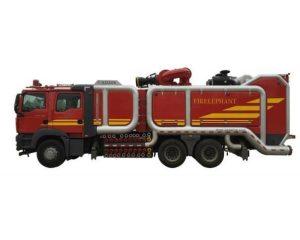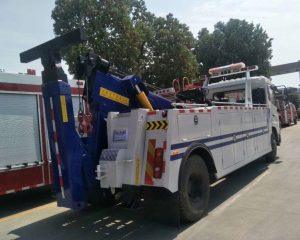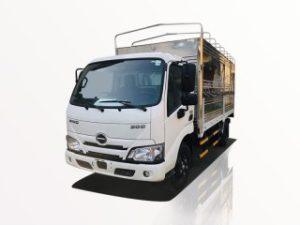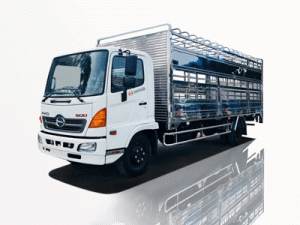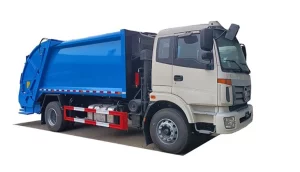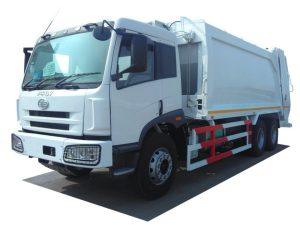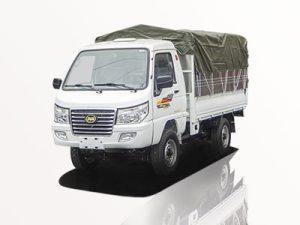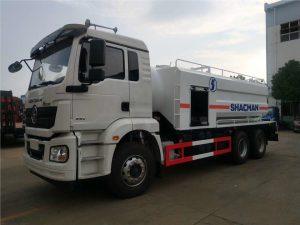Monday to Saturday - 8:00 -17:30
Everything You Need to Know About 30 Ton Lorries
When it comes to heavy-duty transportation, a 30 ton lorry stands out as a formidable option. These vehicles are essential for businesses needing to transport large quantities of goods over various distances. In this article, we will delve into the specifications, benefits, uses, regulations, and practical tips regarding 30 ton lorries, equipping you with in-depth knowledge for your logistical needs.
Understanding the 30 Ton Lorry
A 30 ton lorry, also known as a 30-ton truck or heavy goods vehicle (HGV), is designed to transport goods and materials weighing up to 30 tons. With a robust build and powerful engine, this type of lorry is essential for various industries, including construction, agriculture, and logistics.
Specifications of a 30 Ton Lorry
To comprehend the capabilities of a 30 ton lorry, it’s vital to understand its specifications:
| Specification | Details |
|---|---|
| Gross Vehicle Weight (GVW) | 30,000 kg (66,139 lbs) |
| Payload Capacity | Varies depending on the model but typically around 18-20 tons |
| Engine Power | 250-400 hp |
| Length | 7-10 meters (23-33 feet) |
| Typical Fuel Efficiency | 8-12 miles per gallon |
Types of 30 Ton Lorries
30 ton lorries come in several configurations to meet different transportation needs:
- Flatbed Lorries: Ideal for transporting bulky items and machinery.
- Box Body Lorries: Used for transporting goods that require protection from the elements.
- Tipper Lorries: Perfect for hauling loose materials like sand, gravel, or demolition waste.
- Refrigerated Lorries: Suitable for transporting perishable goods.
Benefits of Using a 30 Ton Lorry
1. High Payload Capacity
With the ability to carry substantial weight, a 30 ton lorry minimizes the number of trips needed, reducing fuel costs and time spent on the road.
2. Versatility
30 ton lorries can serve various industries and handle different cargo types, making them a versatile asset for logistics companies.
3. Durability
Designed for heavy-duty usage, these lorries can withstand tough conditions and prolonged periods of use, offering a good return on investment.
4. Cost-Effective Transportation
By optimizing load capacity, businesses can achieve lower operational costs compared to smaller vehicles, thereby increasing profitability.
Common Uses of 30 Ton Lorries
1. Construction Industry
30 ton lorries play a crucial role in the construction sector by transporting heavy machinery, supplies, and raw materials to job sites.
2. Agriculture
These lorries are widely used in agriculture for transporting bulk products, such as grains, fertilizers, and farm equipment.
3. Waste Management
Tipper 30 ton lorries are often employed in waste management to carry debris, construction waste, and recyclables to disposal sites.
4. Retail Distribution
Retail businesses utilize 30 ton lorries for delivering large quantities of goods from warehouses to retail outlets.
Regulations Governing 30 Ton Lorries
Licensing Requirements
Driving a 30 ton lorry typically requires a specific commercial driver’s license (CDL), with regulations varying by country. It is essential for drivers to be aware of the local laws governing the operation of heavy goods vehicles.
Weight Limits and Compliance
Each region has specific weight limitations that must be adhered to prevent fines and ensure road safety. Regular weigh-ins may be required.
Health and Safety Regulations
Operators must comply with health and safety standards to minimize risks associated with heavy vehicle operation, including ensuring proper vehicle maintenance and safety checks.
Choosing the Right 30 Ton Lorry
1. Identify Your Transport Needs
Consider the typical loads you will be transporting, the distance, and the type of cargo. This information helps narrow down options.
2. Evaluate Different Models
Research various brands and models of 30 ton lorries. Compare features, fuel consumption, and reliability ratings.
3. Assess Budget and Financing Options
Determine your budget and explore financing options, including leasing versus purchasing. Consider maintenance costs, insurance, and depreciation.
4. Test Drive
Always take a lorry for a test drive to assess its handling, ease of use, and comfort before making a purchase.
Maintenance Tips for 30 Ton Lorries
1. Regular Inspections
Conduct routine inspections to catch any issues early, focusing on brakes, tires, and engine performance.
2. Scheduled Servicing
Follow the manufacturer’s recommended servicing schedule to ensure the lorry remains in peak condition. This schedule typically includes oil changes, filter replacements, and brake checks.
3. Keep Records of Maintenance
Maintain thorough records of all repairs and services to monitor vehicle health and for resale purposes.
4. Monitor Fuel Efficiency
Keep an eye on fuel consumption and address any sudden drops, which could indicate underlying mechanical problems.
Practical Examples of 30 Ton Lorry Use
Case Study: Construction Site Delivery
A construction company frequently uses a 30 ton lorry to deliver concrete and steel beams. The lorry’s capacity allows them to make fewer trips, thereby boosting efficiency. By maintaining a regular maintenance schedule, the company minimizes downtime and repair costs.
Case Study: Agricultural Transport
A local farm employs a 30 ton lorry to haul corn and machinery during harvest season. The lorry’s durability and spacious payload capability help streamline their operations, making the transportation of large harvests easier and quicker.
Frequently Asked Questions (FAQ)
1. What is the maximum load capacity of a 30 ton lorry?
The maximum load capacity typically ranges from 18 to 20 tons, depending on the specific model and configuration.
2. What type of license is needed to drive a 30 ton lorry?
A commercial driver’s license (CDL) is usually required, with specific endorsements for heavy goods vehicles.
3. How often should a 30 ton lorry be serviced?
It is recommended to follow the manufacturer’s schedule, typically every 6,000 to 10,000 miles, or at least twice a year.
4. Can a 30 ton lorry be used for long-distance transportation?
Yes, 30 ton lorries are designed for both short and long-distance transport, provided they are well maintained and operated by qualified drivers.
5. Are 30 ton lorries environmentally friendly?
Modern 30 ton lorries come equipped with technology to improve fuel efficiency and reduce emissions, making them more environmentally friendly compared to older models.
6. What should I consider when buying a used 30 ton lorry?
Consider factors such as mileage, maintenance history, type of cargo previously transported, and overall condition before making a purchase.


